The Evidence for Action (E4A) National Program Office works closely with the Robert Wood Johnson Foundation to guide overall program direction and development and implement initiatives. E4A leadership and reviewers evaluate Letters of Intent and Full Proposals to make funding decisions.
Evidence for action team
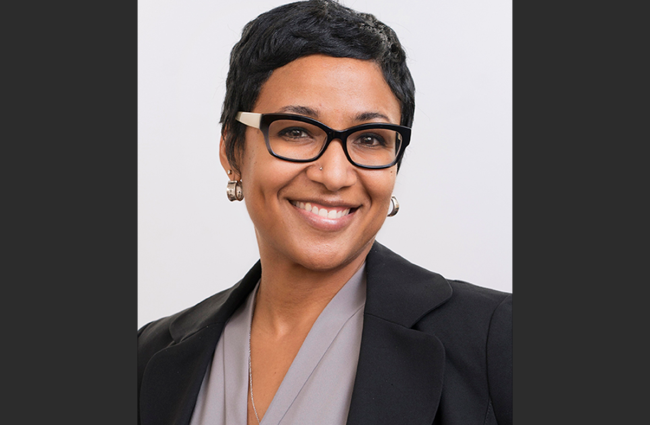
Dr. Amani Nuru-Jeter, PhD, MPH
Show more Show less
Dr. Nuru-Jeter provides the overarching vision and direction for E4A and its administration, sets program priorities, and participates in reviews of applications to recommend for funding. Her own research examines the relationship between social and environmental stressors, such as racism, and health outcomes across the lifespan, particularly among African American women.
I’m excited about working with the E4A team, RWJF, and the National Advisory Committee to explore how we may push the boundaries even further to support equitable and innovative research that will advance health and racial equity.”
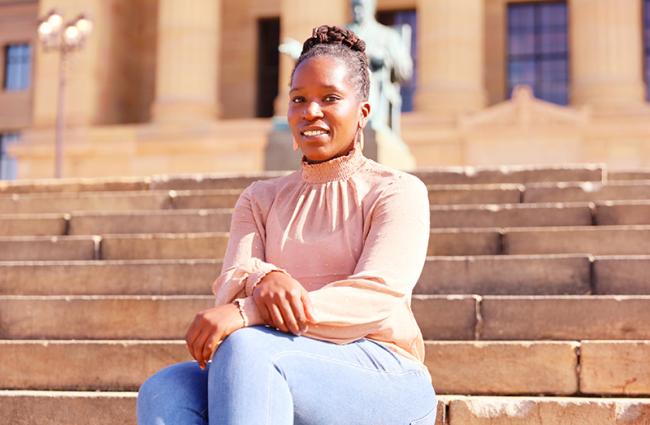
Lacinda Benjamin
Show more Show less
Ms. Benjamin plays an essential role within the E4A program, providing administrative support, aiding in grant coordination, and actively contributing to program initiatives. She focuses on streamlining processes, enhancing efficiency, and upholding program objectives with clarity, ensuring seamless operations.
Funding action-based research to better understand racial and health disparities in marginalized groups is impactful and transformative for everyday lives. It's an honor to be part of a team dedicated to creating positive change.
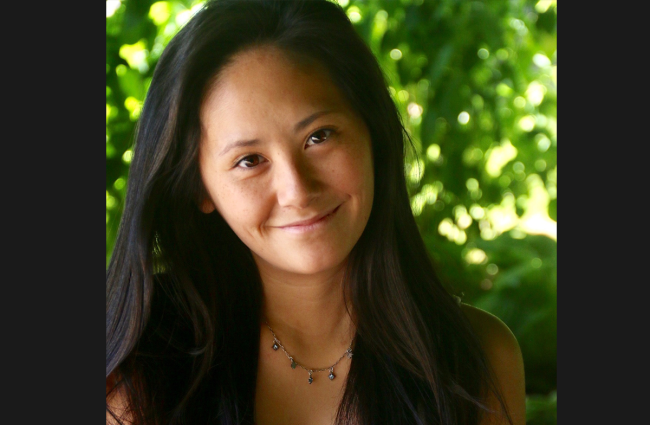
Elissa Carey
Show more Show less
Ms. Carey coordinates program communications to translate action-oriented research into accessible, cohesive messaging that advances racial and Indigenous health equity. Responsibilities include monitoring website and social media content and analytics, drafting newsletters and digital content, and collaborating with grantees on dissemination of research findings.
I am eager to learn, grow, and support research that strives assiduously to create change from inequities caused by structural racism.
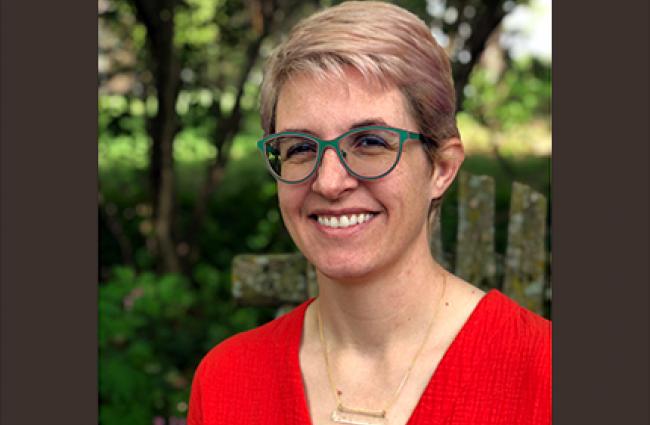
Steph Chernitskiy, MA
Show more Show less
Ms. Chernitskiy oversees the communications and dissemination activities of the program and grantees. In her role, she leads the development and implementation of program and grantee communication strategies, development of program materials, and management of the website, blog, and social media platforms. Ms. Chernitskiy has a BA from the University of California, Berkeley and a Masters in Communication from Arizona State University.
The commitment to funding research with the explicit aim of informing real-world decision-making and getting the evidence into the hands of those decision-makers is really inspiring to me.
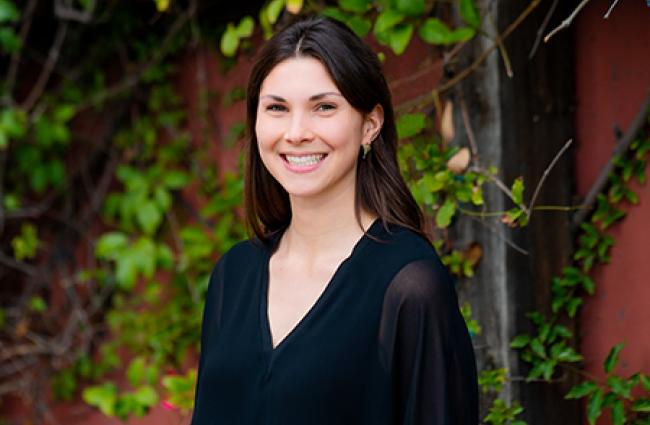
Natalie DiRocco, MPH
Show more Show less
Natalie DiRocco is the Strategic Initiatives Manager at Evidence for Action, where she oversees the execution of large-scale projects such as the Ways of Knowing Symposia. She also plays a key role in crafting and launching calls for proposals. For over a decade she’s been providing strategy and program management services for the nonprofit and philanthropic sectors in the social impact space. She holds an MPH from Boston University School of Public Health and a BS in BioBehavioral Health from Pennsylvania State University.
I’m inspired by the game changing ways E4A grantees are looking at health impacts, and by E4A’s commitment to support grantees in translating their research in actionable ways that influence decision makers to improve population health.
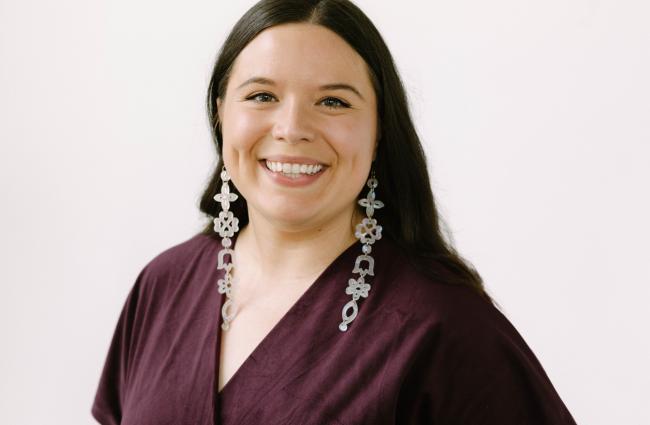
Jill Fish, PhD, LP
Show more Show less
Dr. Fish is a Licensed Psychologist and owner of Fish Psychotherapy & Consulting, as well as an assistant professor of psychology at Macalester College. Her interdisciplinary scholarship focuses on promoting Indigenous peoples well-being across the lifespan. She is particularly interested in how Indigenous peoples' histories and cultures support healthy lives and communities.
What I love about E4A is that it embodies many of the values that I hold close — equity, culture, and community. I'm thrilled to support research that uses these values to create meaningful change in communities.
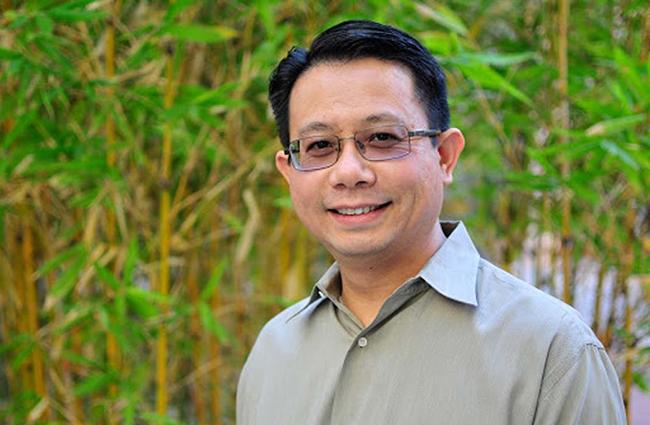
Gilbert C. Gee
Show more Show less
Dr. Gilbert C. Gee is a Professor in the Department of Community Health Sciences at the UCLA Fielding School of Public Health. His research focuses on understanding the social determinants of racial/ethnic health inequities, with a particular focus on the effects of racism at multiple levels over the life course.
E4A is an exciting program that can catalyze change at various levels of scale. I am particularly excited by the program's focus on reducing health inequities for many different communities.

Claire B. Gibbons, PhD, MPH
Show more Show less
Dr. Gibbons is a senior program officer at the Robert Wood Johnson Foundation and contributes in setting E4A program priorities. She also reviews and recommends applications for funding. Dr. Gibbons has authored numerous papers and presented widely in the areas of health care quality, disparities, evaluation and research methods and approaches, child welfare services, substance abuse, child victimization, diabetes, and end of life care.
I’m inspired by the creative policies and programs that people all over the United States are implementing to achieve a Culture of Health, in which all people have a chance to live a healthy life. The opportunity to support research that tests whether those policies and programs have the intended impact is a privilege.
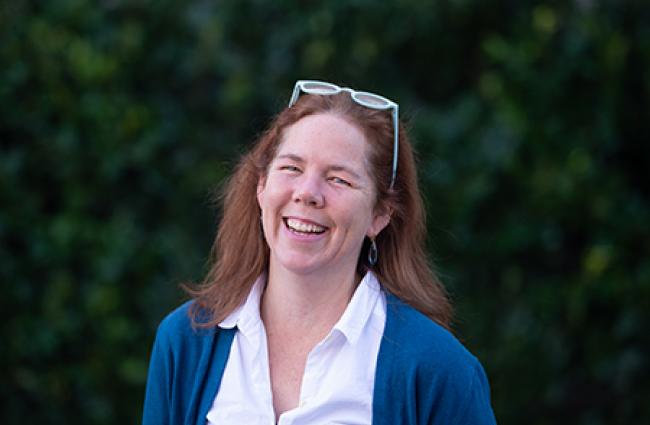
Maria Glymour, ScD, MS
Show more Show less
Dr. Glymour leads the E4A Methods Laboratory and reviews letters of intent and full proposals. Dr. Glymour's research focuses on how individual and contextual social factors experienced across the lifecourse, from infancy to adulthood, influence cognitive function, dementia, stroke, and other health outcomes in old age. A separate theme of her research focuses on overcoming methodological problems encountered in observational epidemiology, in particular analyses of social determinants of health and dementia risk.
I love working with E4A because this program supports research that makes a difference, focusing on the joint goals of methodologic rigor and potential usefulness of findings. That combination – researchers who ask the right questions and use the best tools to find the right answers to those questions – is what we need to improve population health and reduce health inequality.
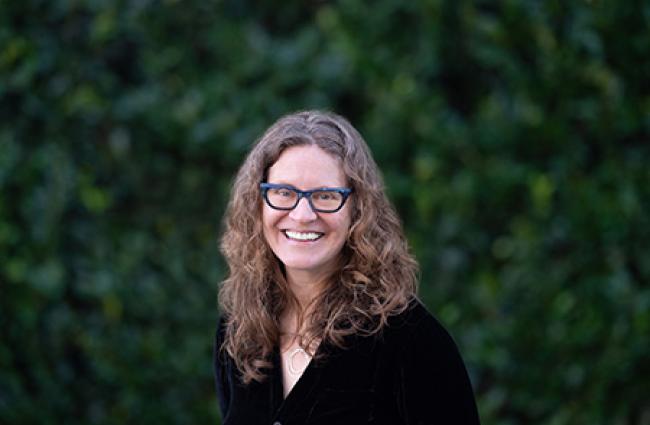
Laura Gottlieb, MD, MPH
Show more Show less
Dr. Gottlieb contributes to the development of E4A priorities and reviews and recommends applications for funding. Dr. Gottlieb’s research explores health care sector programs and policies related to identifying and addressing social risk factors in the context of care delivery. She is a Professor in the Department of Family and Community Medicine at UCSF and the founding director of the Social Interventions Research and Evaluation Network, a national research network that advances research on health care strategies to improve social conditions.
E4A’s mission is to improve the availability of high-quality evidence on policies and programs that can influence health. I love that we are working across the four Culture of Health action areas—it means we are constantly learning across disciplines from our advisors, applicants, and grantees.
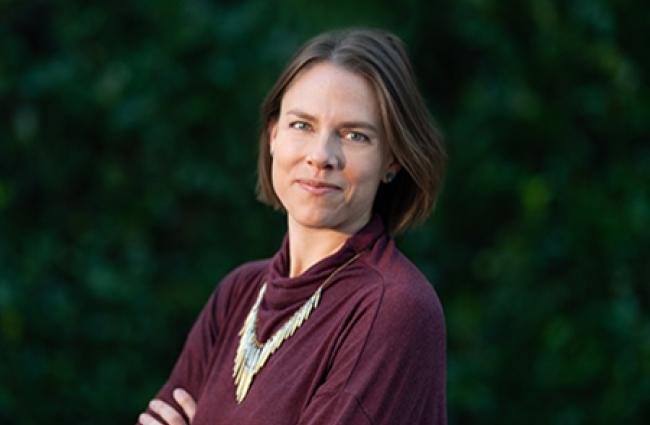
Erin Hagan, PhD, MBA
Show more Show less
Dr. Hagan is responsible for the day-to-day operations of E4A, including managing the proposal submission and review process, providing assistance to applicants and grantees, coordinating with the Robert Wood Johnson Foundation, and overseeing administrative and programmatic activities. She also reviews and recommends applications for funding. Over the course of her career Dr. Hagan has worked across a variety of sectors including non-profit, academic, and public. She brings experience in social, economic, and health equity, cultural humility, public policy, business, and evaluation.
I really appreciate that E4A prioritizes action-oriented research. We don’t need to keep describing the problems, we need to intervene to change the outcomes; and while we’re doing that, we need to evaluate whether the intervention is working.
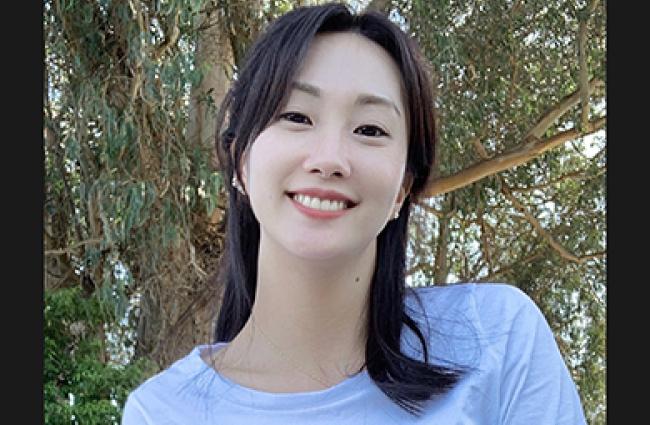
Ye Ji Kim, PhD
Show more Show less
Dr. Kim primarily contributes to the E4A Methods Laboratory. She assesses the use of causal inference methods in understanding social and political determinants of health and health disparities. Dr. Kim’s research explores documentation status, social and health policies, and neighborhood structures to identify areas of structural-level intervention and health equity innovation, particularly among immigrant populations.
I am excited to be a part of the E4A team, whose mission is to merge rigorous, scientific methods and actionable change to influence public health and reach health equity. I am constantly inspired by the research of the grantees who have aimed to provide actionable change in our society through their scientific rigor.
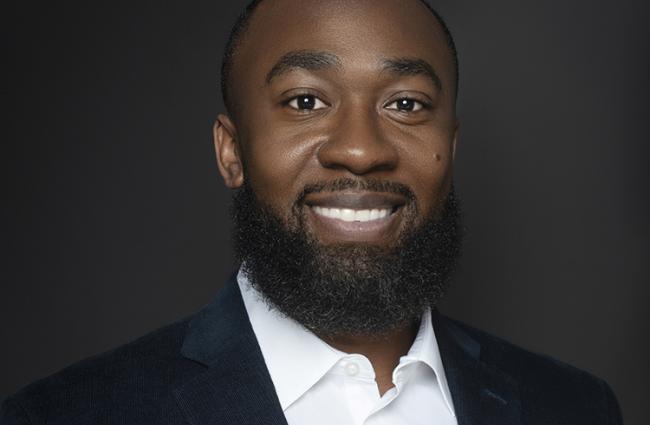
Charles H. Lea III, Ph.D., MSW
Show more Show less
Dr. Lea focuses his research on educational and health equity for emerging adult Black men who have experienced incarceration. He employs qualitative, participatory, mixed, and art-based methods to examine how racism and carcerality shape young Black men's post-release health behaviors and outcomes. He also explores how to implement radical healing interventions to promote health and wellbeing.
I am excited and honored to work with the E4A team to support and promote action-oriented research that has the potential to counteract the harms and structural and systemic racism and improve the health, well-being, and equity experiences and outcomes of marginalized communities.
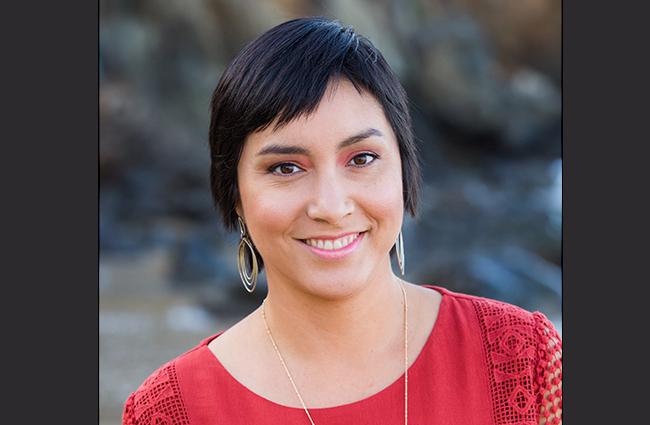
Adonia E. Lugo, PhD
Show more Show less
Cultural anthropologist Adonia Lugo (she/hers) lives, works, and thinks about mobility justice in traditional and unceded Tongva territory (Los Angeles). Her book, Bicycle/Race: Transportation, Culture, & Resistance, came out in 2018. Adonia is the Equity Research Manager at the University of California Institute of Transportation Studies, based at UCLA. In May 2022, Governor Gavin Newsom appointed her to the California Transportation Commission.
Research in service to equity requires community-rooted design and interdisciplinary expertise. I'm particularly glad to support E4A's approach to this for mobility and transportation research.
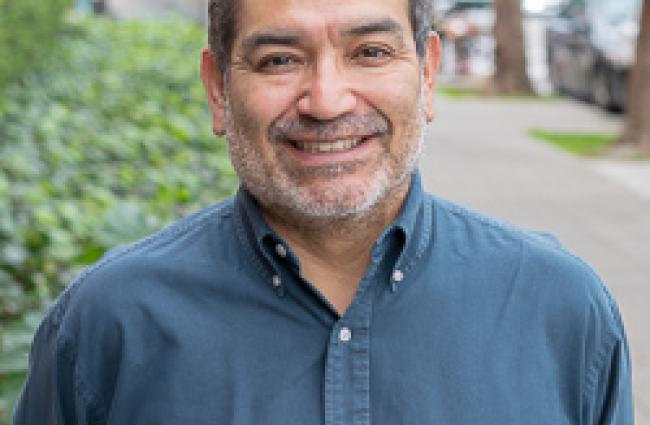
Xavier Morales, PhD
Show more Show less
Xavier Morales, (he/him) is the executive director of The Praxis Project, a national non-profit dedicated to supporting and collaborating with grassroots community organizations engaged in basebuilding and powerbuilding, working with institutions and agencies to collaborate with community organizations more authentically, and with funders to have greater collective impact on transforming systems, structures, policies, and practices toward improved health, equity, and racial justice. Originally from Sanger, CA, Xavier earned his Ph.D. and Master of Regional Planning degrees in Community Development/City and Regional Planning at Cornell University and a BA in Environmental Sciences from UC Berkeley.
I am excited to be on the E4A review board as I am deeply committed to advancing informed action that improves equity and racial justice for all.
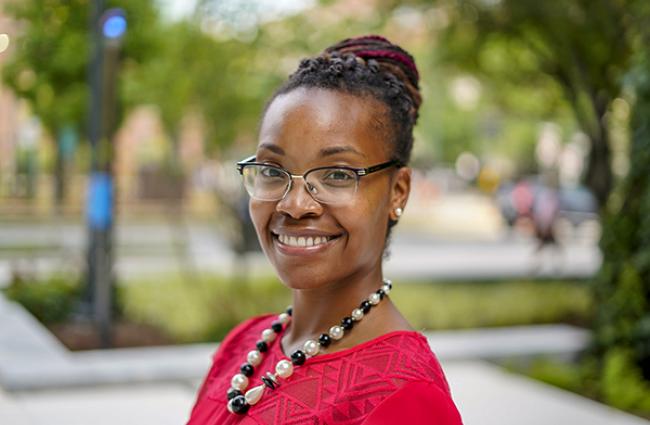
Jeana E. Morrison, PhD
Show more Show less
Dr. Morrison is responsible for the operation of multiple initiatives that are core to E4A’s mission and goals. This includes grantee management where she is the primary point of contact, works closely with prospective applicants, and oversees a portfolio of over 30 active research grants. She also maintains the Technical Assistance (TA) program where she provides research support and capacity building. Dr. Morrison's scholarship is informed by critical epistemologies to investigate the points at which higher education, policy, and racial identity intersect to influence Black student experiences across the African diaspora.
The thing that excites me most about the work that E4A is doing is the purposeful orientation toward action. It is too often that research focused on racially minoritized groups does not move beyond study findings. Helping to address this challenge is powerful for understanding and applying racial equity.
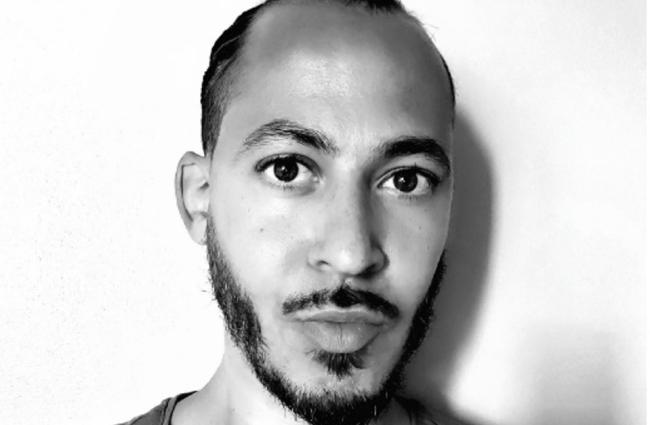
Ryan J. Petteway, DrPH, MPH
Show more Show less
Dr. Ryan J. Petteway, associate professor in the OSHU-PSU School of Public Health, is a public health scholar, educator, and poet who integrates social epidemiology, participatory research, and creative arts to advance health equity. He engages critical, Black feminist, and decolonial theory and methods pursue procedural and epistemic justice and advance antiracist praxis within public health pedagogy, research, and practice, including via satire/humor, music, and poetry. His applied research integrates social epidemiology and CBPR/YPAR to improve empirical and conceptual understanding of place and health.
Our collective work towards health justice is constrained by a lack of imagination and audacity when it comes to discourse about ‘evidence’ – as many of us seldom question extant power relations that shape whose and which forms of data and knowledge are valued and legitimized. I’m looking forward to supporting E4A in its work to honor other/multiple ways of knowing, to center community knowledges, and transform dominant health narratives.
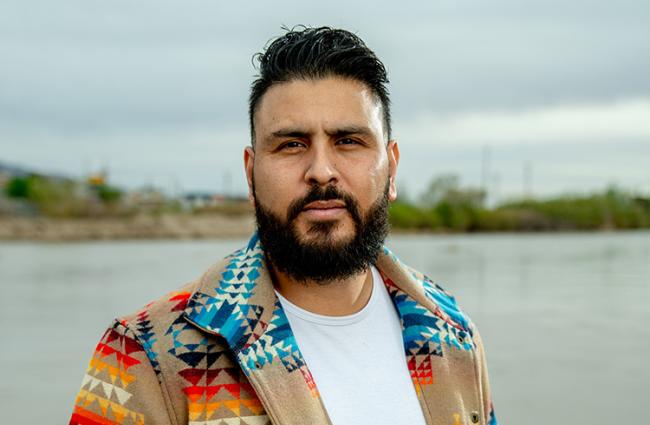
Rodolfo Rodríguez
Show more Show less
As Founder and Principal of The Policy Gap, Rodríguez aligns government and community leaders around the U.S. to take collective action toward a range of affordability crises. He has mobilized hundreds of impacted communities around historic climate justice investments, partnered with immigrants to strengthen their protections in Denver, co-designed a healthcare system with and for public housing residents in Austin, and convened tribal leaders and federal administrators for land justice in Montana. Rodríguez has dedicated his life to shifting transactional moments into transformative movements.
I genuinely believe that the E4A program unlocks a sacred resource for community-rooted investigators deeply committed to driving equitable change in their cities and regions. As a Reviewer, I am excited and committed to investing in values-aligned leaders, ideas and opportunities, especially those with the greatest promise of impact beyond the practice of traditional research and mere publication.
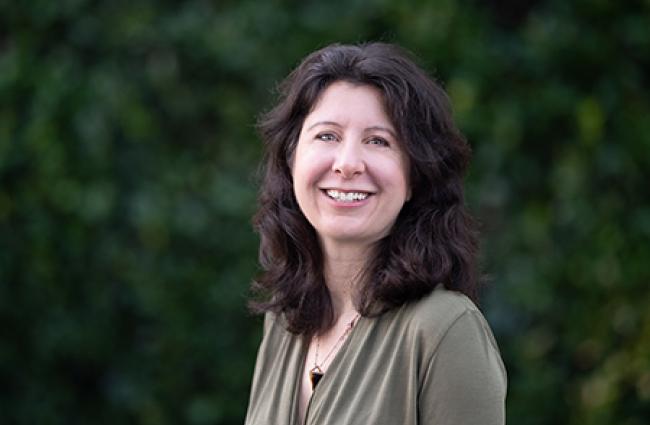
Jennifer Taggart
Show more Show less
Ms. Taggart supports E4A by providing budgetary assistance to applicants and grantees and managing site reporting. She has extensive financial management and grants administration experience.
E4A continues to inspire me because of its focus on funding research that evaluates interventions to learn what makes a difference to the health of our communities and for its commitment to getting that information to the public to promote change.
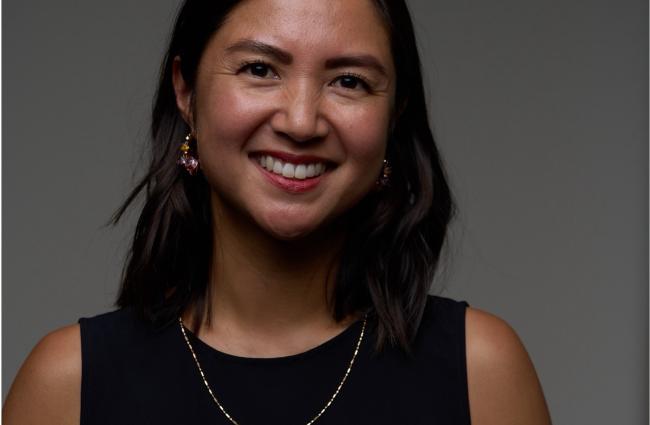
Jennifer Tran, MA
Show more Show less
Jennifer is the director of the National Equity Atlas, a joint effort between PolicyLink and USC Dornsife Equity Research Institute. Her work is focused on democratizing data and producing research that equips policymakers, advocates, and other community change-makers to make informed decisions and advance racial and economic equity.
I’m thrilled to be a reviewer because E4A champions timely, impactful research that drives action to advance health equity and community wellbeing.
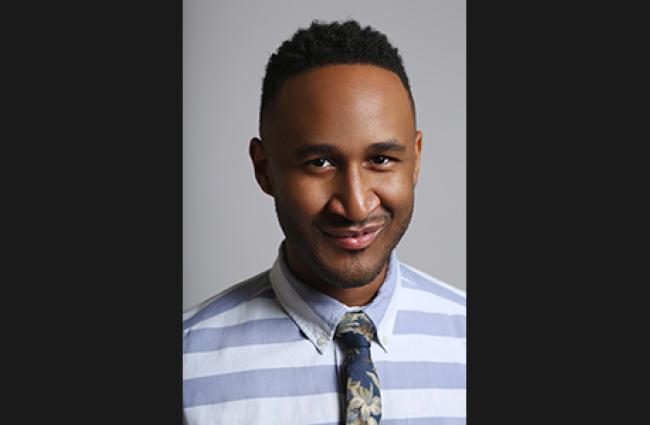
Terrell Winder, PhD
Show more Show less
Dr. Winder supports the aims of E4A in reviewing and recommending applications for funding. Dr. Winder’s research focuses on racial and sexual stigma, sexual health, and experiences of racial and sexual inequality across social institutions. He is a specialist in qualitative methods including ethnography, interview, and focus group techniques.
E4A is moving the needle by supporting research and interventions that are having meaningful, positive impacts on the lives of people every day. I am excited to continue supporting evidence-based work that will ameliorate the health outcomes of marginalized groups.
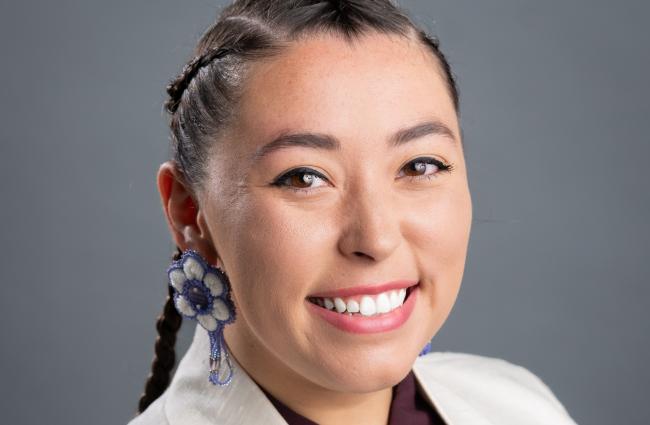
Dr. Lauren W. Yowelunh McLester-Davis, PhD
Show more Show less
Dr. McLester-Davis is a citizen of the Oneida Nation of Wisconsin and is based on the ancestral homelands of the Ho-Chunk Nation in Teejop. Dr. McLester-Davis' research focuses on neurological and metabolic disorders in minoritized populations, as directed by community, with emphasis on serving Indigenous communities in Wisconsin. She has expertise in working for Tribal Nations through research and centering Tribal sovereignty in research praxis.
I appreciate the ways E4A grantees ensure scientists and research questions are serving communities in achieving action-orientated equitable outcomes. I am excited to support E4A in their commitment to honor Tribal sovereignty in research that achieves racial equity.